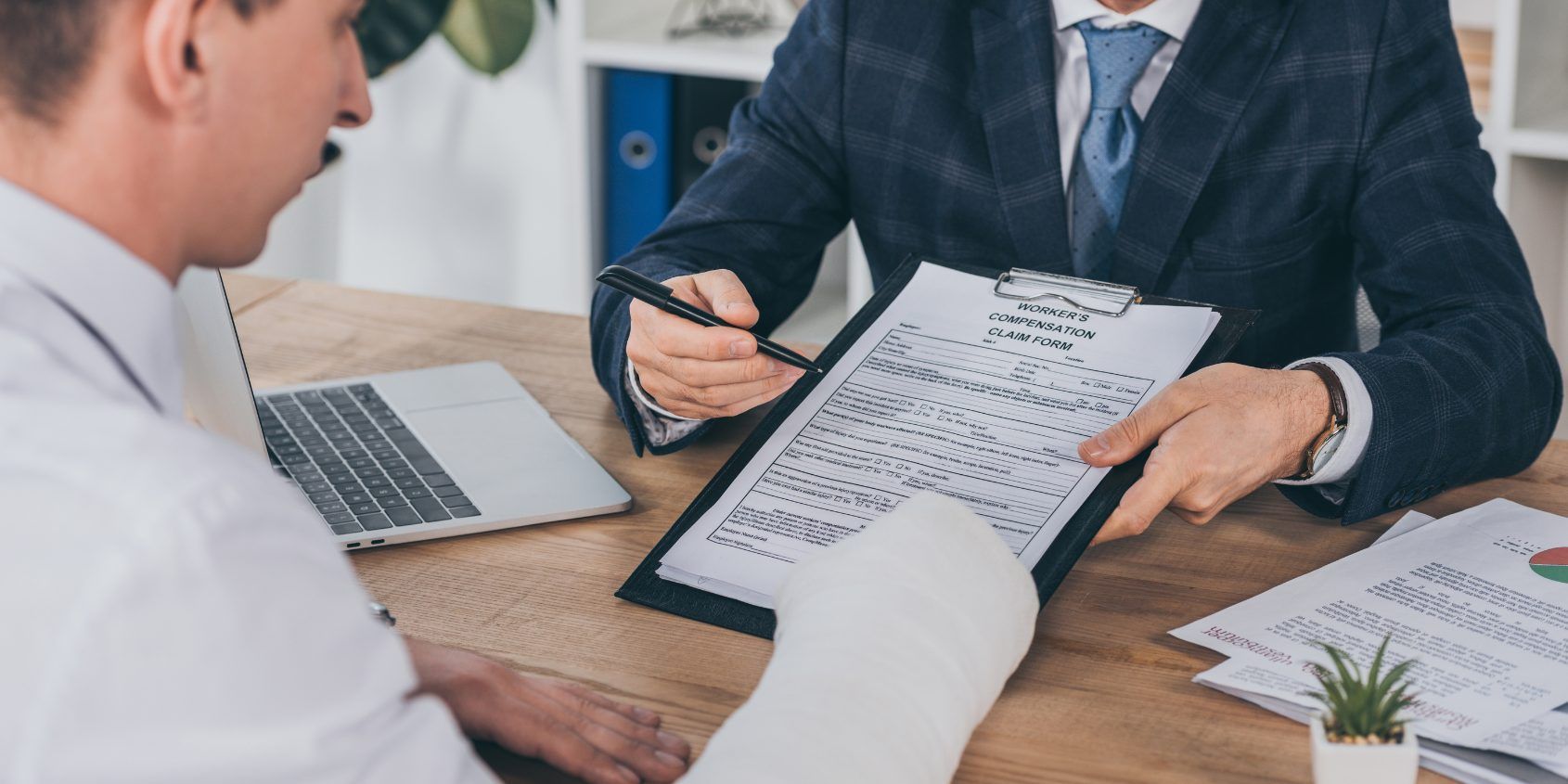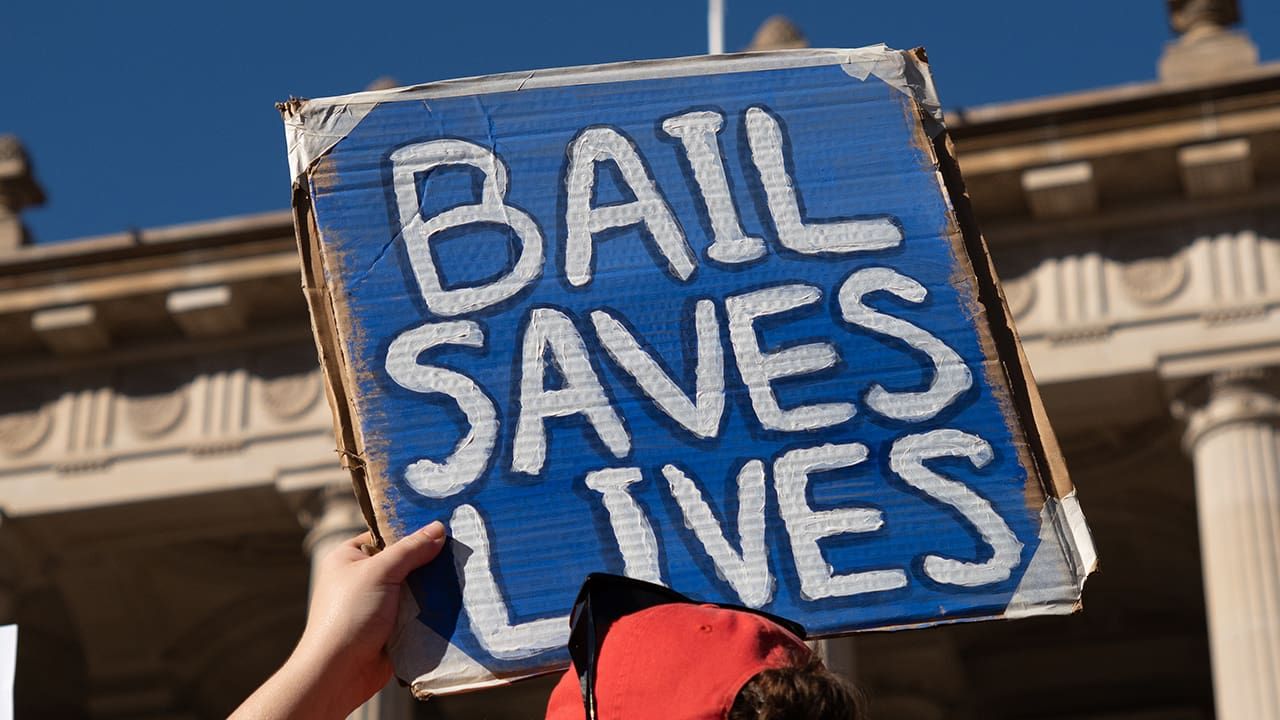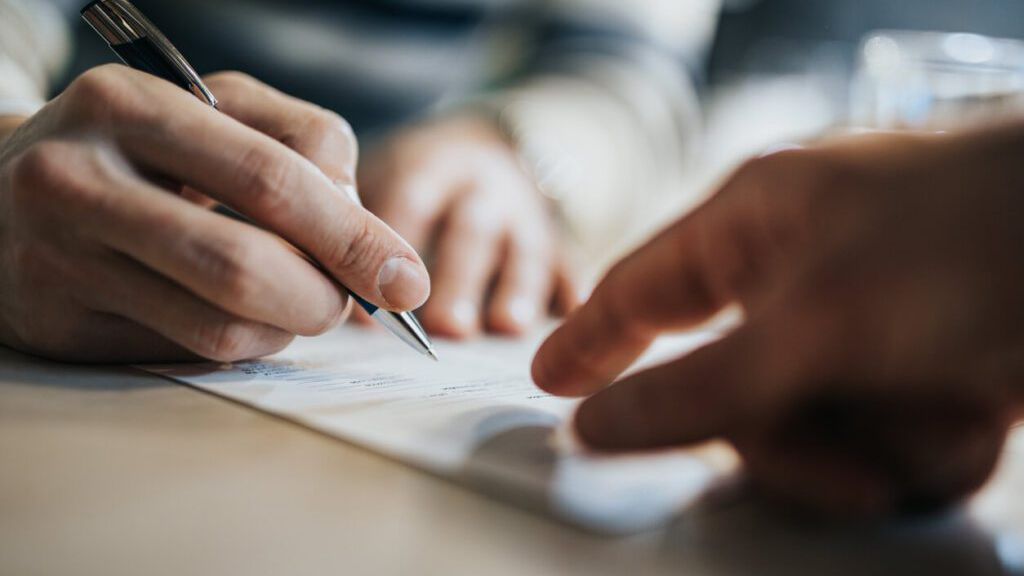
What are Your Rights with the Police?
Music Festival Guide

Come chat with us at our pop-up stall near the Lighthouse
Know Your Rights
• You have the right to remain silent.
• You have the right to be told if you are under arrest and the reason for it.
• You have the right to speak with a lawyer as soon as possible after being arrested.
• You have the right to have a support person with you if you are under 18 and being searched by police.
• You have the right to be strip searched in private, as quickly as possible and by someone of the same sex as you.
Protecting your Right
Maintain your right to silence:
• Police can request your name and address.
• You have the right to remain silent to any other questions.
• Ask police if you are under arrest or are you free to leave.
The police need to say the following when they arrest someone:
• Their name, rank and station;
• That you are under arrest;
• Why you are under arrest.
If police want to search you:
• Don’t consent.
• Politely ask Police why searching you is necessary.
• Request police make a note that you ‘do not consent to this search’.
Talking to Police
Remain calm and don’t carry on.
• It is important to remain calm and cooperative when interacting with Police as you don’t want to fail the ‘attitude test’ and be charged with additional offences:
• Remember police are only doing their job
• If police stop you and speak with you - ask the police if you are under arrest or are you free to leave.
If you are under arrest – you are only required to provide your name and address:
• Anything you say or do may be used against you in court.
• If police ask you questions the easiest thing to say is “no comment”.
• You cannot be punished for remaining silent.
If Police intend to search you:
• Ask – what grounds do you have to search me?
• Ask – why is the search necessary?
• Say – I do not consent but I will comply.
When can police search
Police must suspect on reasonable grounds that you are in the possession of:
• Prohibited drugs.
• Something stolen or illegal;
• Something that has been used or is to be used in relation to an offence.
A positive indication from a sniffer dog is not sufficient by itself to form a reasonable suspicion.
There are two types of searches:
• General search or ‘frisk’ search
• Strip search
Police can search anything in your possession however they cannot make you unlock your phone if its password protected.
A police officer may carry out a strip search if the search is necessary and that the situation is serious and urgent enough for the strip search to take place
If Police intend to search you
• Ask – what grounds do you have to search me?
• Ask – why is the search necessary?
• Say – I do not consent but I will comply
What must police do during a search
• Tell you the reason for the search
• Tell you if you will be required to remove clothes
• Complete the search in a private area and as quickly as possible
• Ensure the officer is of the same sex as you and not conduct the search in front of anyone of an opposite sex
• Only conduct the search in the presence or view of any officer who is required to be there
• Allow you to get dressed as soon as possible
What can’t police do during a search
• Touch your body
• Search any cavity except your mouth
• Ask you questions while you are being strip searched
• Request you squat and cough
• Make you unlock your phone if it is password protected
Enter The Draw to WIN A FREE Apple iPad 256gb!

To win this prize worth $849 enter your details below and you must follow and/or like our
Instagram or Facebook page!

criminal lawyer
Having represented the State in all types of criminal cases as well as having experience working as a police officer, Patrick knows both sides of a criminal trial and uses this knowledge to help his clients best.





